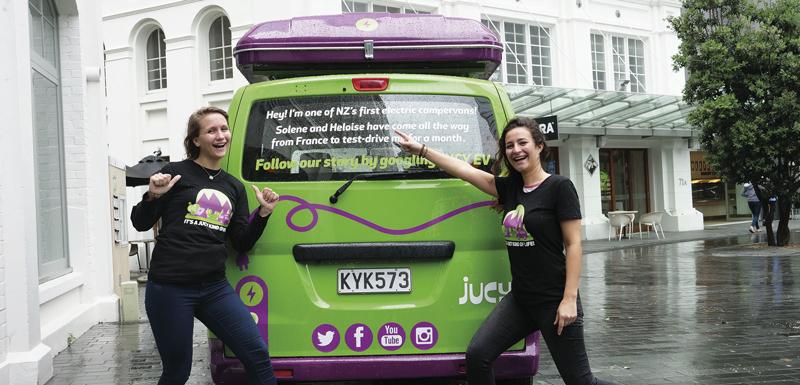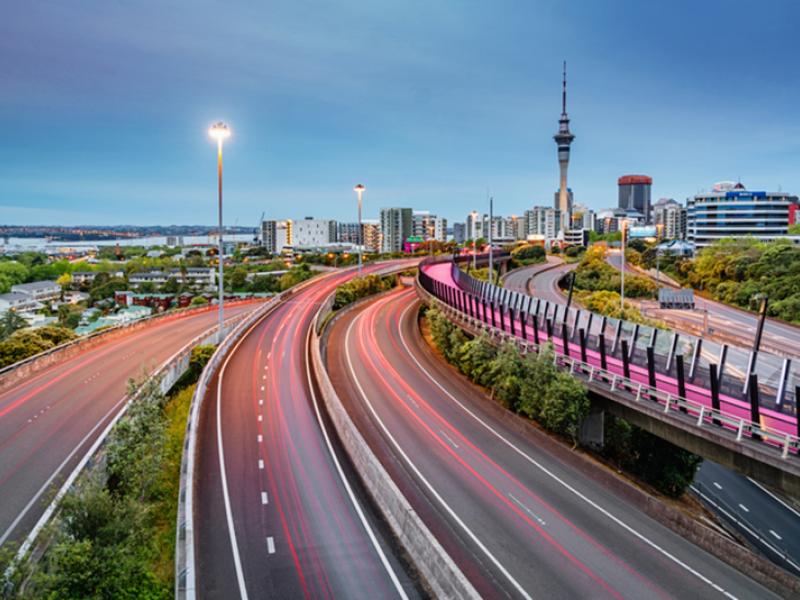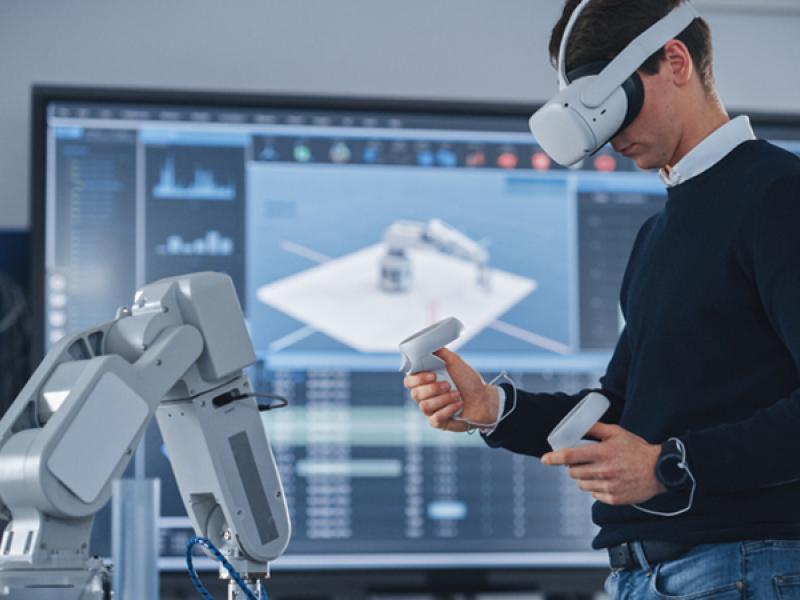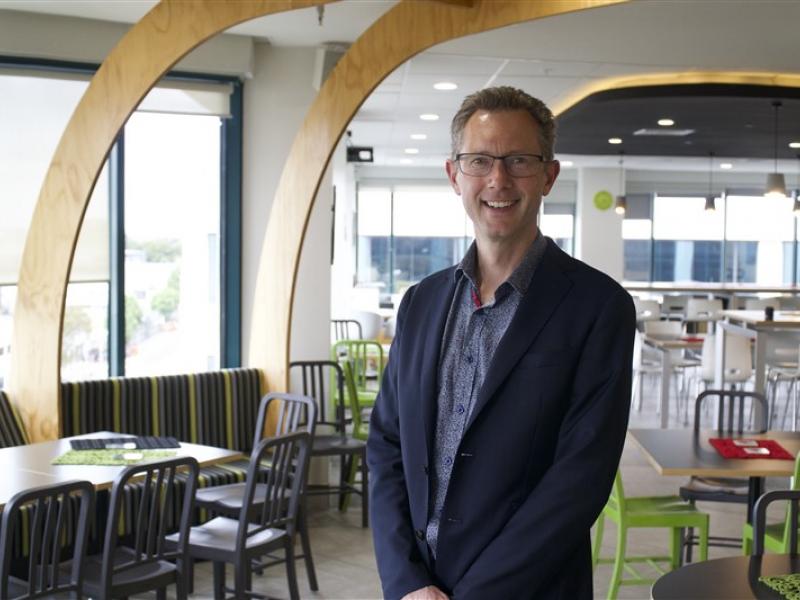Jucy Rentals aims to introduce a new category of electric vehicles to its fleet that will be built at the company’s own manufacturing plant in Auckland, and on the road within two years.
JUCY by Design was set up five years ago by the company which had previously outsourced both design and production. However, it was decided it was better to have complete control over the product, not least so the company could properly respond to the feedback it was getting from its customers. Jucy has a dedicated R & D team which is constantly evolving the product based on customer’s needs. The company also builds around 700 units a year for its Australia and US operations.
The EV prototype was test-driven around New Zealand this summer, the first time an electric campervan has been rented to tourists in this market. During their journey, the two visiting French students – Héloïse de Bokay & Solène Trinquet – travelled thousands of kilometres throughout the North Island in three weeks.
De Bokay, an environmental law student from Sorbonne University in Paris, says tourism is becoming less sustainable which is why they wanted a more eco-friendly mode of transport to explore New Zealand.
“Electric cars are a more sensible solution in your country as more than 80 percent of your energy comes from renewable sources – compared to only 22 percent in France,” she said.
Jucy CEO Tim Alpe says there is a growing demand from millennial tourists for electric vehicles and believes this is the future of the Jucy campervan fleet.
“This market segment in particular want more environmentally sustainable travel options, at the same time this gives our tourists more choice and cheaper running costs,” says Alpe.
Alpe says further expansion of the programme will need additional investment in charging infrastructure and vehicles that can travel further distances.
“Campervans are the perfect vehicle to be electrically powered as tourists tend to drive during the day and can then recharge overnight at their campground. One of the biggest barriers we will face in the short term is lack of infrastructure to support EV charging.
“We are working with camping grounds to introduce suitable facilities for overnight charging but there is also a need to bring in rapid chargers on the roads between main centres.
“At the same time, there are range limitations of the vehicles that need to be overcome to ensure tourists can travel long distances across the country, without the need to constantly recharge their battery.”






